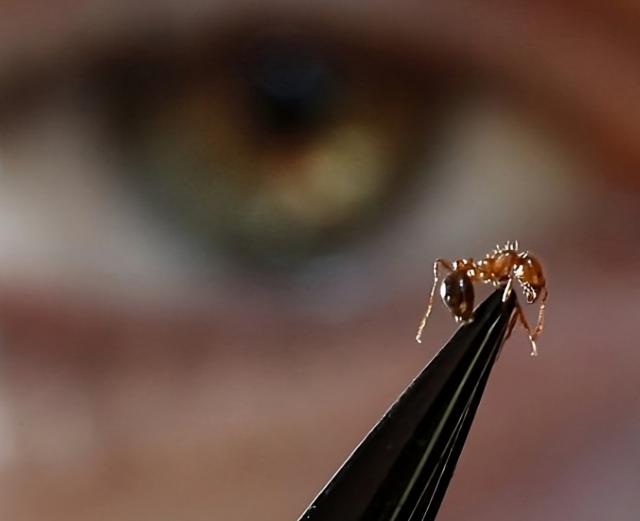Just before the New Year, the Victorian Government announced $69.7 million to help the national fight against one of the world’s worst invasive pests, the Red Imported Fire Ant (RIFA).
Minister for Agriculture Ros Spence announced Victoria would provide the full funding requested to support the national eradication program – which will halt the spread of the pest from Queensland to other parts of Australia.
“We’re taking action now to stop Red Imported Fire Ant in their tracks, we’ve seen how destructive and dangerous this pest has been in Queensland and we will continue to proactively prevent its spread into Victoria,” said Ms Spence.
“Eradicating this pest requires a national approach and we support the dedicated efforts undertaken by the program to control and eliminate it from Queensland.”
RIFA (Solenopsis invictais) is a destructive South American ant that can spread quickly and cause significant negative impacts on agriculture, the natural environment, human health and the economy.
Victoria has been part of the effort to eradicate Red Imported Fire Ants since the national eradication program began in 2001, following the first detection in Brisbane.
Fire ant biosecurity zones are in place to help manage the movement of materials that are known to spread fire ants, both within Queensland and interstate.
High-risk materials including soil, hay, mulch, manure, quarry products, turf and potted plants are subject to legally enforced movement controls.
Agriculture Victoria routinely conducts surveillance, imposes market access and trade conditions on the movement of fire ant host materials from Queensland, promotes awareness and responds to reports of suspect RIFA.
This proactive approach enabled a swift response from Victorian biosecurity officers when a RIFA Queen was found at a Melbourne nursery in February, having arrived in imported plant materials from Queensland.
This detection successfully contained and eradicated the ant and highlights the value of Victoria’s risk management efforts.
Anyone who suspects an unusual plant pest or disease is encouraged to make a report online or phone the exotic plant hotline on 1800 084 881.







